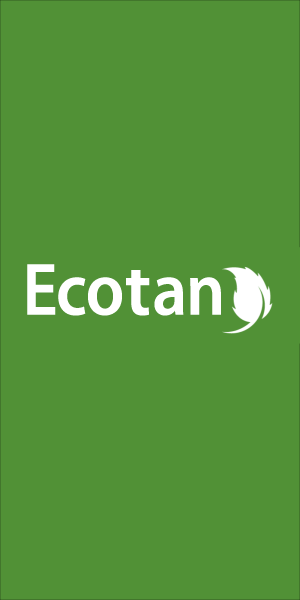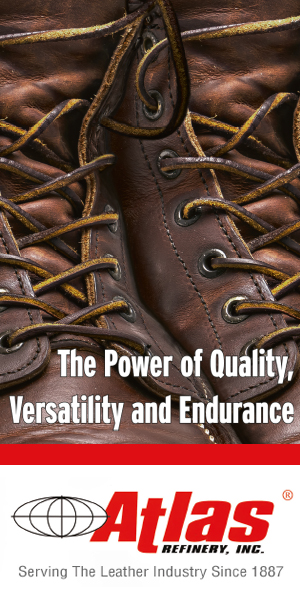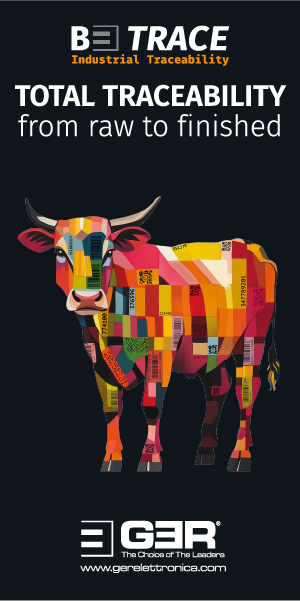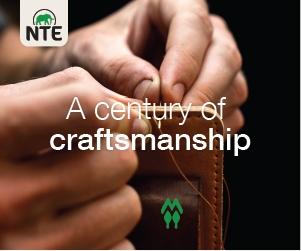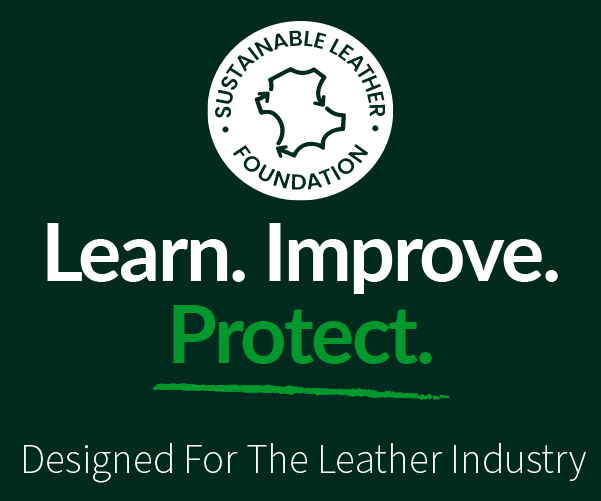National award winner

The debate about the circular economy is gathering pace in many parts of the world. Leather sometimes seems to be on the periphery of these discussions, but in one South American country, Uruguay, the industry is right at the heart of things.
The Uruguayan division of automotive leather manufacturer Bader has come top in the large company category in the most recent Uruguay Circular Awards.
These awards, which took place for the third time in 2021, recognise the efforts of organisations across the country to integrate circular economy processes into their work. The United Nations Partnership for Action on the Green Economy (PAGE) and the United Nations Industrial Development Organisation (UNIDO) work with the country’s ministry of industry and its national development agency to promote the awards.
Water work
Bader won for a water recycling project that it has put in place at its leather manufacturing plant in Ciudad del Plata, 35 kilometres west of the centre of Montevideo. Working from crust, the facility has the capacity to produce 52,000 square-metres of finished leather per week, although current production levels are 70% of that. There are around 500 people working there at the moment. Recycling water from finishing processes has led to a saving in the volume of water the company has to extract from an onsite well and a 40% reduction in the volume of wastewater it discharges into a nearby canal.
The water project began in 2020. The company installed instruments on every machine in the tannery to measure the water consumption of each one. It then set up a software system to capture the data and highlight improvement strategies. This work confirmed that machines that use water curtains and spray technology to apply chemicals to hides were among those consuming most water. To address this, Bader Uruguay developed a method of reusing effluent from these machines in its production operations.
“The water is treated in our effluent treatment plant and goes back into the spray booths,” the environmental manager at the tannery, Luciana Torres, explains. “We designed new pipes for this and installed specific storage tanks and the new system was ready to use by April 2021. Since then, we’ve been able to reduce the volume of water we consume by between 300 and 500 cubic-metres per month, helping us achieve that 40% reduction in our wastewater discharge.”
On the right road
On receiving the award at a ceremony in Montevideo at the end of October, Luciana Torres, said it was an honour for the Bader team to win. She explains, however, that Bader Uruguay had been working towards an accolade such as this for years. It even featured among the second-place entries at a previous edition of the Uruguay Circular Awards.
Prizes aside, she points out that efforts are ongoing to integrate further sustainable practices and help Bader Uruguay fit its whole operation into a circular economy framework. “We always have projects on the go,” Ms Torres explains. “We are always weighing up ways to improve. Some projects only go so far, but others have already brought good results. At the moment, we are reusing 50% of our waste in a circular way and we want to keep making progress until we are reusing all of it.” Examples of current projects include ideas for finding a good use for scraps of finished leather, increasing energy efficiency and reducing carbon emissions. Some of these projects are group-wide initiatives and are running in parallel with similar initiatives at other Bader sites.
Political influence
“We’ve been walking this path for some time,” Ms Torres insists. “And we’re doing it to show leather in a positive light, not just in our country, but internationally. We are absolutely convinced that leather is the prime example of a circular economy industry because it adds value to a by-product from another sector, transforming it into a product that is noble, long-lasting and of great beauty.”
A number of customers have sent their congratulations, which Ms Torres says is pleasing, but she insists progress, not prizes, is the main aim. “The award is a good sign,” she insists, “but it’s being on the right path that’s the important thing. Clients in the automotive industry are insisting more and more on the implementation of sustainable practices among suppliers.”
Uruguay’s vice-president, Beatriz Argimón, who presented the trophies at the 2021 Uruguay Circular Awards, has also been supportive. The environmental manager at the automotive leather manufacturer describes Ms Argimón as having paid close attention to discussions about the circular economy for some time now and to be “committed to the cause”. On receiving the award from her at the event, Bader Uruguay managing director, Willie Tucci, and Luciana Torres took the opportunity to share more details about their winning water-saving project. “She was pleased to hear about it,” Ms Torres says, “and she encouraged us to keep up the good work.” There was also a suggestion from the vice-president that Bader can provide the example and the motivation for other manufacturing companies in the South American country to follow in its circular-economy footsteps.
Contamination question
A question Willie Tucci is fond of putting to critics of leather focuses on residues. “I know where residues of synthetic materials that claim to be environmentally friendly end up,” he says. “They are contaminating the ocean.” He quotes a projection from Plastic Soup Foundation that warns that, at current rates, plastic production will increase by 40% in the next 10 years. This will mean that the oceans will carry more plastic than fish (by weight) by 2050, according to the Amsterdam-based campaign group. “People have been using leather for thousands of years,” Mr Tucci says. “If leather were a less sustainable option than synthetics, residues would surely have built up over all this time and would be causing contamination. Where are all those residues? Where is the contamination? They don’t exist.”
Working from crust, Bader Uruguay has the capacity to produce more than 50,000 square-metres of automotive leather per week at its facility in Ciudad del Plata. All credits: Bader Uruguay








